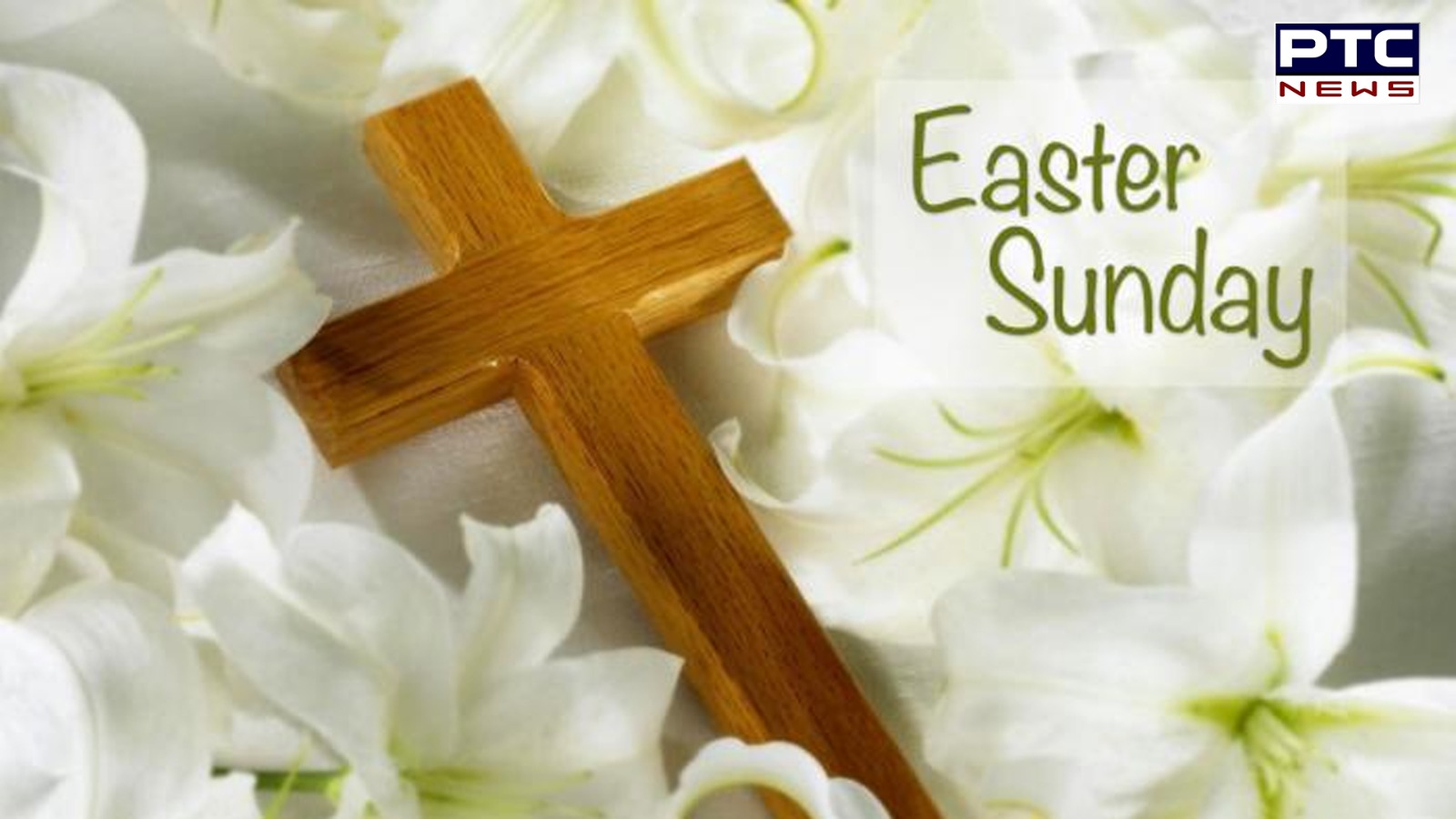

Easter Sunday 2024: Date, history, significance and celebrations
Easter Sunday 2024: Easter Sunday is a Christian holiday that celebrates the resurrection of Jesus Christ from the dead, as described in the New Testament of the Bible. It is considered the most important and oldest festival of the Christian Church.
According to the Bible, it marks the third day after Jesus was crucified when he rose from the dead. Around the world, Easter is celebrated in various ways, with many cultures incorporating their own traditions and customs into the holiday.
/ptc-news/media/post_banners/uzoAmh8A1rpikkR7T2N5.webp)
Holy Week, begins on Palm Sunday, the Sunday before Easter. It is a time when Catholics gather to remember and participate in the Passion of Jesus Christ. The Passion was the final period of Christ's life in Jerusalem. It covers the span from when He arrived in Jerusalem to when He was crucified.
Also Read: Good Friday 2024: Date, meaning, significance, history and observance
This day is observed by a large number of Christians around the world. This year’s Easter is going to be celebrated on March 31, 2024 (Sunday).
/ptc-news/media/media_files/easter-sunday4-03-30-at-74127-pm-2jpeg)
Easter Sunday commemorates the resurrection of Jesus Christ, a pivotal event in Christian theology. Its history dates back to the early Christian Church, emerging from Jewish Passover traditions. The exact origins of Easter customs, such as egg decoration and the Easter bunny, are somewhat obscure but likely have pagan and Christian influences. The Council of Nicaea in 325 AD established that Easter should be celebrated on the first Sunday following the first full moon after the vernal equinox. Over centuries, Easter evolved into a major religious holiday with diverse cultural traditions worldwide. It symbolizes hope, renewal, and the victory of life over death.
As mentioned in the Bible, Christ was crucified on the day of Good Friday and buried in a grave after his last supper which is commemorated as Maundy Thursday. However, on the third day when his disciples visited his grave, they found that the grave was empty. The day marks the triumph of Christ over death and this also makes him the 'Son of God'.
/ptc-news/media/media_files/easter-sundaym-1jpeg)
The day is celebrated with pomp and grandeur every year. Traditions like church visits, baking hot cross buns and decorating Easter eggs are symbolic of Christ's death on the cross and resurrection from the tomb. Children decorate eggs and take part in Easter egg hunts, where the Easter Bunny hides eggs.
(With inputs from agencies)
-
